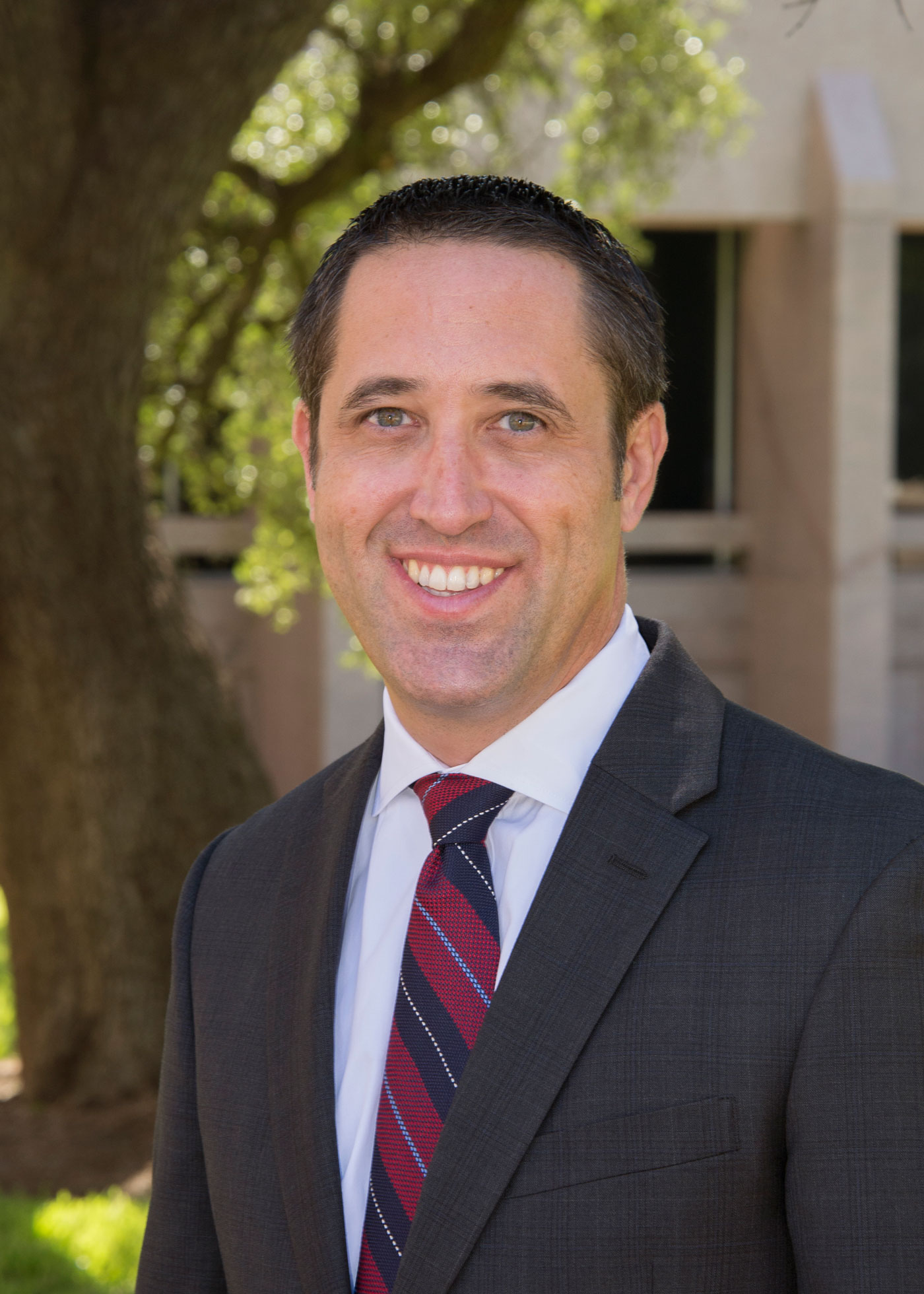Texas School Finance: Doing the Math on the State’s Biggest Expenditure
An examination of the Texas public education finance system — and the challenges it faces.
Published January 2019
A Message from the Comptroller

The 2019 legislative session, like all sessions, will grapple with dozens of challenges facing our state, some old and some new. But one issue that undoubtedly will be discussed and debated is a perennial one for Texas: public education, and the way in which we pay for it.
Over the years, both the Legislature and our courts have wrangled over our public school finance system, trying to find ways to guarantee a decent education for all of our kids while relying heavily on local property taxes for funding. School districts throughout the state have radically different property values, and similar tax rates simply will raise much more money in some districts than in others. It’s a fundamental inequality that lawmakers have spent decades trying to address.
In 2016, the Texas Supreme Court ruled that our public education finance system was deeply flawed but constitutional, ending a 30-year legal battle. But the system’s problems haven’t gone away. In particular, the rapid rise in Texas’ property values has forced local tax collections sharply upward, putting a financial strain on many homeowners and bringing calls for tax relief. Yet any limitation on property tax collections inevitably will create a need for more state funding to compensate — and the state’s finances are always tight.
It’s important, however, to realize that these problems are built into the funding formulas of the current system. Right now, due to those formulas, rising property tax collections are actually reducing the state’s share of the total bill, forcing schools to rely increasingly on their own taxes despite widespread taxpayer dissatisfaction. It’s a situation that could have serious implications for our state’s remarkable economic success.
In this special issue of Fiscal Notes, we take a detailed look at Texas school finance and the problems and pitfalls it faces. It’s my hope that this report will give lawmakers and all interested Texans a clearer view of what has proved to be one of the thorniest and most persistent public policy challenges facing our state.
Glenn Hegar
Texas Comptroller of Public Accounts
Note: This report contains estimates and projections that are based on available information, assumptions and estimates as of the date of the forecasts upon which they are based. Assumptions involve judgments about future economic and market conditions and events that are difficult to predict. Actual results could differ from those predicted, and the difference could be material.

